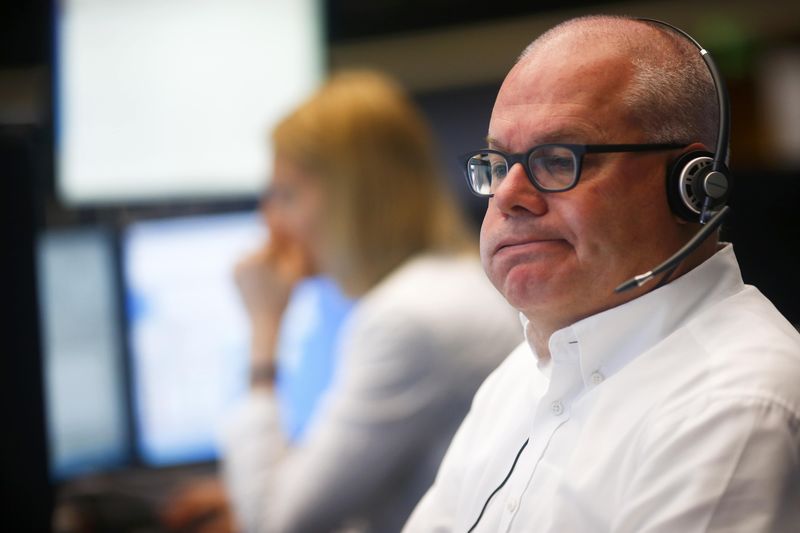The FIFA World Cup, one of the largest sporting events in the world, is proving to be a successful test bed for cutting-edge technological advancements
In China, where soccer is very popular, two technology companies are scrambling to launch their immersive metaverse-related experiences to viewers with the help of virtual reality (VR) and 5G technologies.
Spearheading the tech are: Migu, a China Mobile subsidiary, and Douyin, the Chinese TikTok, who sub-licensed rights to broadcast live and on-demand coverage of the Qatar World Cup and will share digital coverage of the events with China Media Group, a state-owned broadcaster
What’s more, ByteDance subsidiary Pico said that its users could watch live World Cup broadcasts through its VR goggles, and soccer fans could invite their friends to their digital rooms to watch matches together and interact with virtual anchors.
Virtual interactive space
On its official Weibo account, Migu announced plans for a “Metaverse World Cup Music Festival”, while Douyin promoted the slogan “Watch the World Cup live broadcast on Douyin”.
Migu chief content officer Gan Yuqing said that the company would also create a virtual interactive space for watching the World Cup and would live stream the event using technologies such as 5G and VR.
What is Metaverse
Ever since Facebook (NASDAQ:META) Inc’s rebrand as Meta, the term metaverse has become the new buzzword in the tech space.
Trailblazing this new frontier is Facebook founder Mark Zuckerberg, who is triggering a new wave of interest in the metaverse.
Zuckerberg said: “In the metaverse, you’ll be able to do almost anything you can imagine — get together with friends and family, work, learn, play, shop, create — as well as completely new experiences that don’t fit how we think about computers or phones today.
“In this future, you will be able to teleport instantly as a hologram to be at the office without a commute, at a concert with friends, or in your parents' living room to catch up. This will open up more opportunities no matter where you live.
“You’ll be able to spend more time on what matters to you, cut down time in traffic and reduce your carbon footprint,” he said.
Simply put, the end goal is an immersive virtual world where people live, work and socialise connected to VR devices in the comfort of their own homes.
